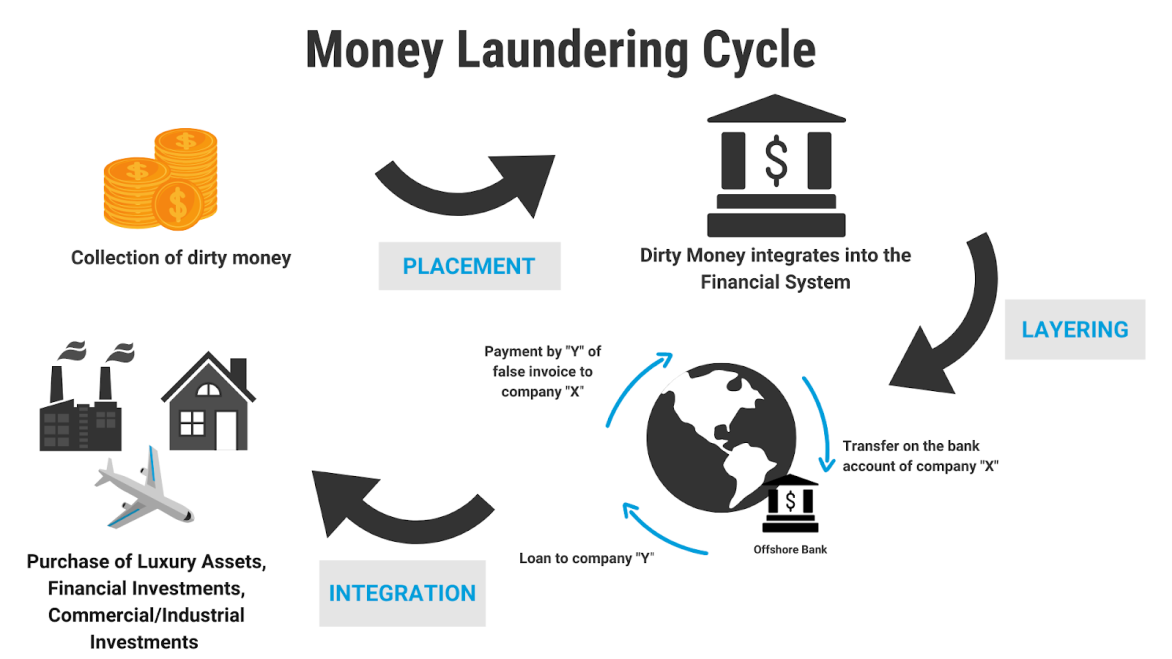Free Courses Sale ends Soon, Get It Now


Free Courses Sale ends Soon, Get It Now



Copyright infringement is not intended
Context: Controversy over the series of raids and arrests of politicians, their relatives, and activists under Prevention of Money Laundering Act (PMLA).
Details:
Prevention of Money Laundering Act:
Enforcement Directorate:
https://www.lexology.com/library/detail.aspx?g=b10405b8-0d8a-4f37-a520-07a5be001f2b
© 2024 iasgyan. All right reserved